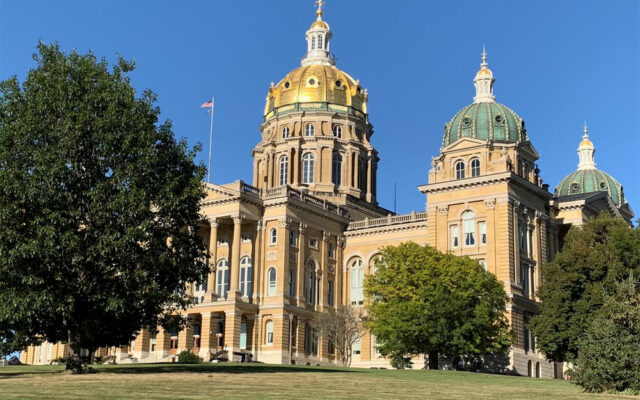Grassley disappointed House didn’t pass disaster relief before holiday break

NEW HARTFORD — Members of the U.S. House headed home for the holiday late last week before voting on a $19 billion disaster relief package.
The measure did pass the Senate last Thursday and it included an amendment from Iowa Senator Chuck Grassley. He says that provision would provide coverage for farmers who lost millions of dollars worth of grain in storage bins during the record flooding. “Of course, that wasn’t covered by any disaster relief. Why, I don’t know. Maybe this was the first time anything like this happened,” Grassley says. “This should be particularly helpful in southwest Iowa where people have been impacted there as a result of the grain storage disaster.”
The disaster bill has been the subject of debate for weeks, due to arguments over Puerto Rico’s recovery from 2017 hurricanes, in addition to the Trump administration initially demanding money for anti-immigration elements to be included. Grassley, a Republican, says he’s pleased with the final bill that passed the Senate.
“The package also includes a provision to fund programs that will assist Iowans impacted by the flood,” Grassley says. The legislation includes funding for emergency watershed protection, rural community facilities, highways, and economic development, as well as more than three-billion dollars to the U.S.D.A. for expenses related to crop losses.
“This package is a pretty good start in addressing our flooding needs here in the Midwest, but it was long overdue,” Grassley says. “Politics should never be put before Americans who need help to recover (from) the disasters.” Grassley says it’ll likely be early June before the disaster relief package gains full Congressional approval.
“I’m disappointed that Speaker Pelosi sent the House of Representatives home before voting on this bill,” Grassley says. “It doesn’t seem right that people impacted by these disasters should have to wait now another week because politicians want to leave early for a Congressional recess.”
The package contains $575 million for the U.S. Army Corps of Engineers to address emergency situations, and to rehabilitate and repair damage to Corps projects, like levees.



